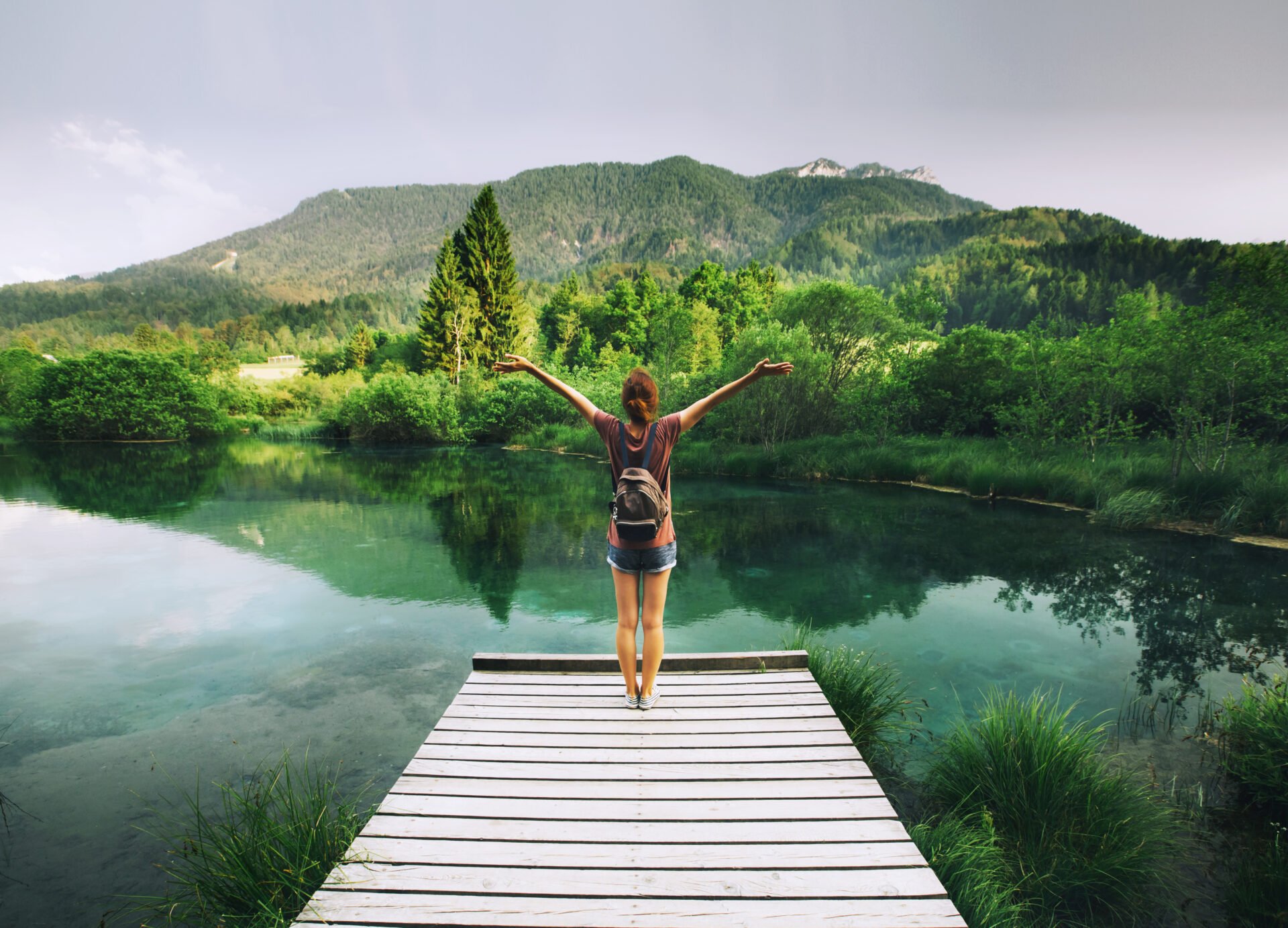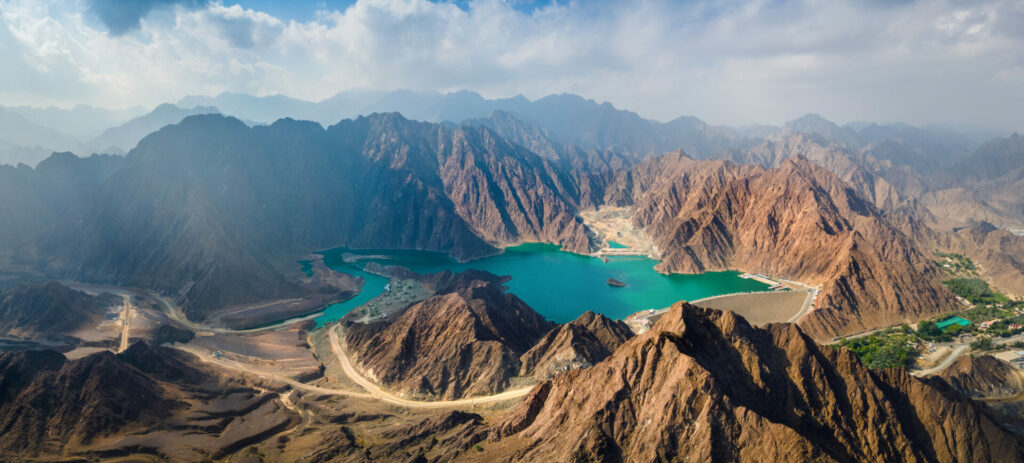The heady aromas of sizzling stir fries at Chang Phuak market in Chiang Mai, the feel of the soft, white sand between your toes on the private island of Île aux Cerfs in Mauritius and the buzz and noise of nightlife in Madrid – the travel memories we collect along the way can’t be replaced by any app.
But travel and tourism has begun to present an ethical dilemma for some, and with the rise of movements such as ‘flygskam’ or flight shame, an anti-flying group that started in Sweden, how can you travel better and not waver before booking the family holiday to the Seychelles this summer?
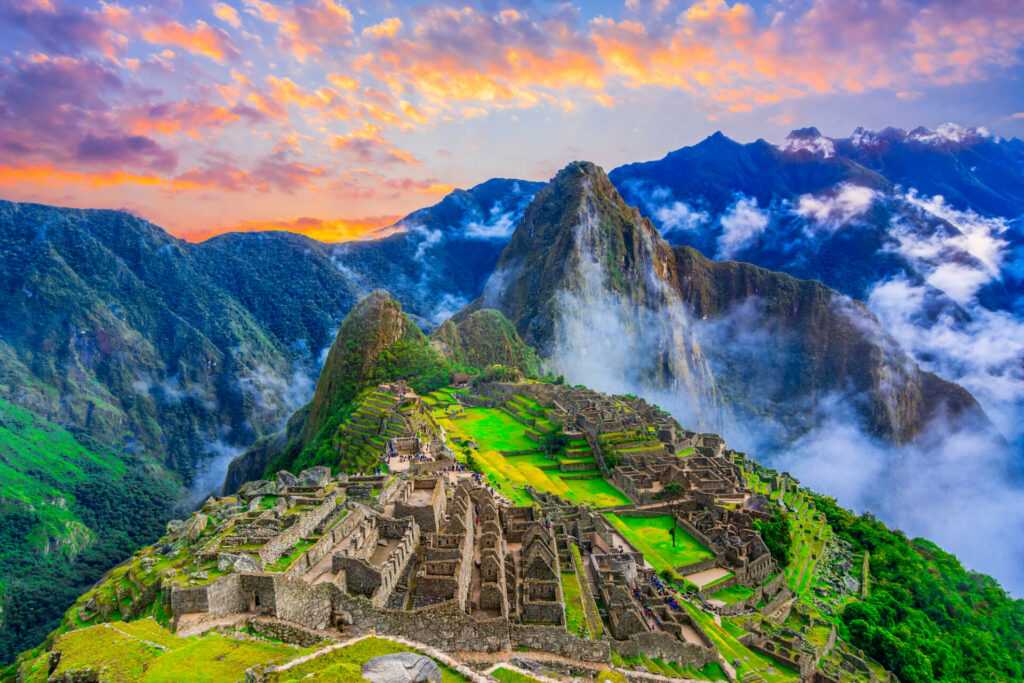
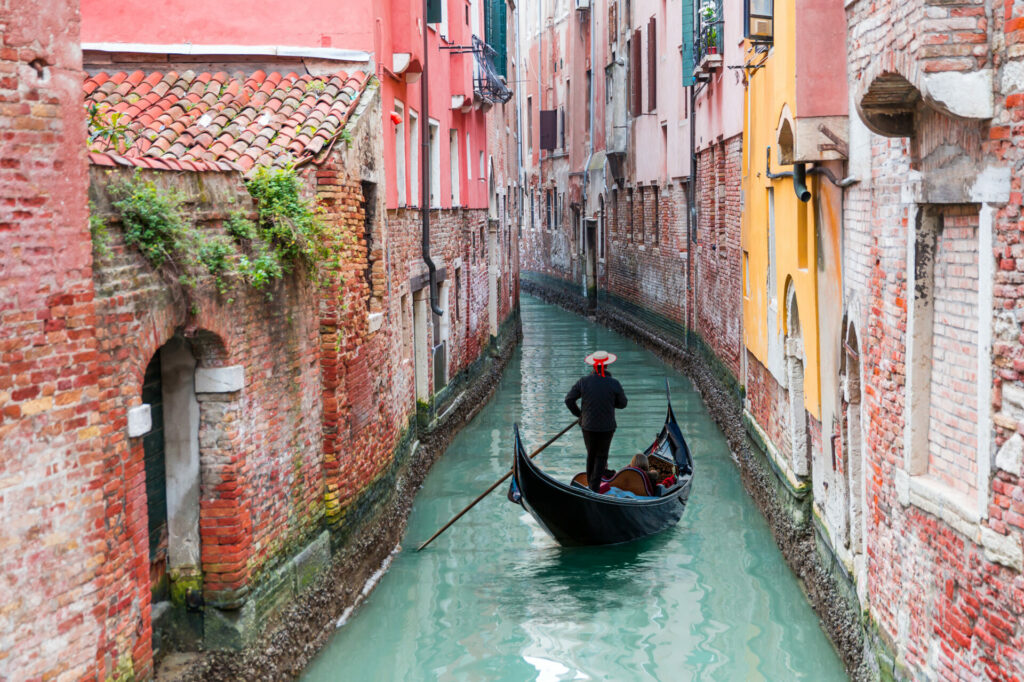
There is no doubt that traditional tourism has had an enormous impact on certain places that are on most of our bucket lists: the ancient Inca city of Machu Picchu had been ‘irreversibly damaged’ by the thousands of tourists that visit it daily. Venice is in danger of sinking if sea levels rise by just 50 cm and has banned huge cruise ships (over 25,000 tonnes) from docking at the Marittima port in the historic centre of the city, but hasn’t yet found a suitable port to divert these vessels to.
Travel Better
While taking responsibility for our own individual role in the climate crisis is a good thing, those flights you haven’t booked will still take off and fly to their destination. You may reduce your own ecological footprint by a tiny number by not travelling for a summer holiday, however, even over two decades of your life, it won’t be significant enough to mitigate the crisis that is looming. In fact, refraining from travel doesn’t just deny you the opportunity to expand your mind – or simply unwind from the pressures of everyday life – but overlooks the myriad ways that travel can serve as a force for good in our world.
According to Booking.com’s recent study, 76 per cent of people are keen to travel more sustainably this year. Though many see the environmental impact as a priority when it comes to travel and tourism, sustainability is three-fold. If we give up on visiting certain destinations, that is likely to result in economic and social consequences for small communities that rely on visitors.
Every individual has the power to change how they travel and behave as a tourist. We need to move away from the former extractive model of tourism – where we take what we can from a destination – to regenerative tourism, where we contribute to the local society and economy
Tourism creates jobs – with around 320 million people across the globe employed by the sector last year. Not only is that a lot of roles to replace worldwide, but it could leave some countries destitute. Island nations such as Aruba, where 73 per cent of the population is involved in tourism, and the Maldives, where almost 57 per cent benefit economically from the travel industry, rely on travellers from around the world travelling to and spending their hard-earned money on hotels, resorts, local produce, drinks and experiences in their countries. This helps support native people that live on the islands and ensures that they don’t have to leave to seek employment elsewhere.
Positive Impact Tourists
However, simply throwing money at an issue doesn’t offset the impact of tourist activity in an area. When tackling sustainability issues around tourism, it’s vital to see how the people who live in the places we visit are benefitting from our journey.
The Head of Department of Tourism and Transport at the University of Surrey, Dr Albert Kimbu, describes it as ‘tourism that is actively engaging and benefiting the community’ and explains that when communities realise that people want to learn and enjoy their authentic products or experiences, they understand their role in ‘protecting it’.
Regenerative Tourism
Each individual has the power to change how they travel and behave as a tourist. We need to move away from the former extractive model of tourism – where we take what we can from a destination – to regenerative tourism, where we figure out how we can contribute to the local society and economy.
Travel raises our cultural awareness and gives us the opportunity to connect with people that we might never meet if we stay at home. By immersing ourselves more fully in a destination and discovering more about how the people, their traditions and ways of life undoubtedly enriches our experience and makes the trip even more memorable. When we return, we see the world with a new perspective, which can foster growth both within ourselves and the people around us.
So how can we travel better? There are both tiny gestures we can make that add up, while also reprogramming ourselves to make our travel more purposeful – more than simply lying on a lounger sipping drinks.
How To Travel Better
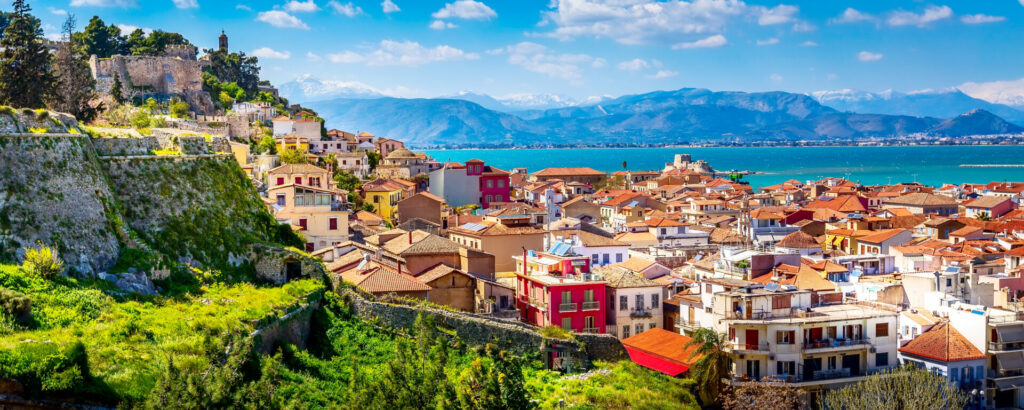
Travelling better begins with your choice of destination. By choosing somewhere that isn’t recommended by every newspaper, magazine and travel column, you open yourself up to more of the unknown.
Going off the beaten track gives you the opportunity to see places that haven’t been endlessly photographed and connect with locals who aren’t used to as many visitors. Sometimes even the small challenges presented by veering from the well-trodden can be more enriching and add to anecdotes that you’ll remember for years.
Tourists tend to consume a higher amount of water than when they’re at home. This phenomenon is closely tied to our behaviour when we’re on holiday. We may habitually practice water conservation back home, but forget all about this while travelling
Select lesser-visited towns, cities or islands, such as the historic Zaragoza over busy Barcelona in Spain or the quieter Peloponnese Peninsula in Greece to skip overcrowded Mykonos or Santorini. In the summer, these places will offer more chance to find half-empty beaches, museums and other attractions.
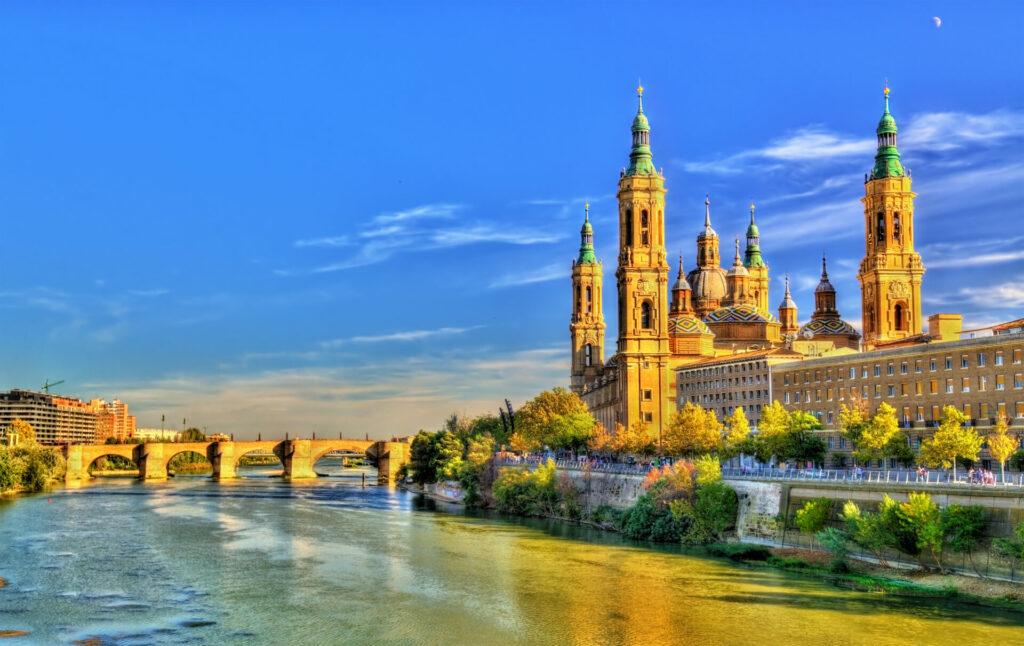
Research destinations to ensure that they align with ethical and sustainable practices, such as Saba, a tiny Dutch enclave in the Caribbean, where they are pioneering a range of initiatives to keep their island thriving, such as producing up to 40 per cent of the power needed by their solar park, safeguarding their coral reefs and restoring sea urchin populations. Visitors can engage in activities that contribute positively to the island, such as night walks to spot fluorescing scorpions and birdwatchers logging the appearance of endemic bird species.
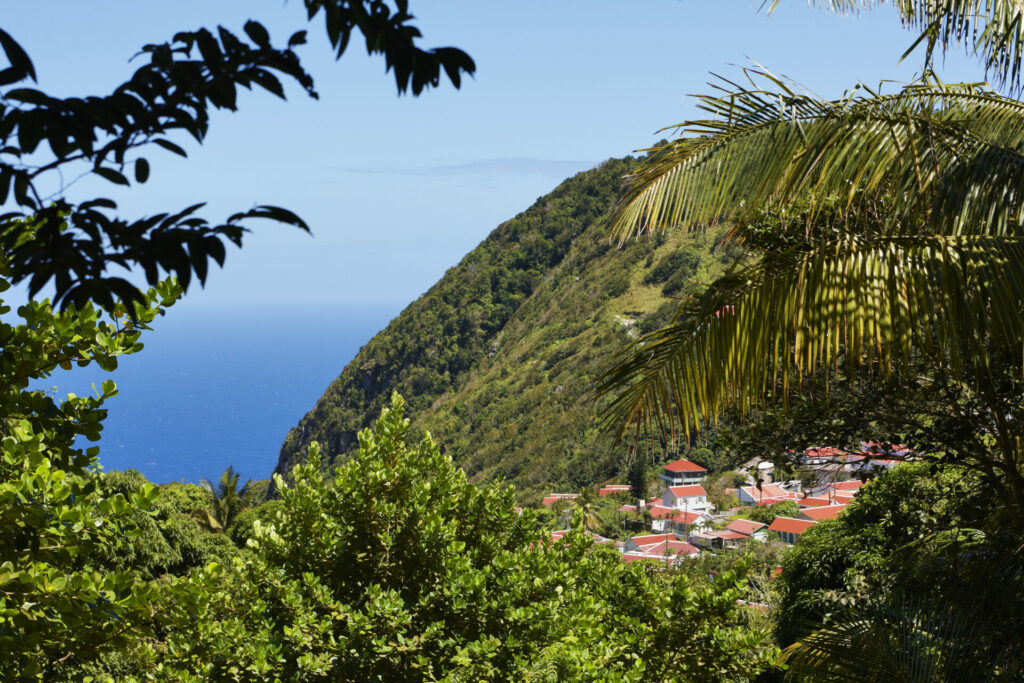
Maintaining Harmony
If you can choose accommodation that seeks to lessen guest impact on the environment and gives back to the local community, this is another paving stone for responsible travel. Resorts such as Zeavola Resort in Koh Phi Phi Don, Thailand, have won awards for their efforts in sustainability, and they prioritise keeping their piece of paradise intact. Closer to home, The Ethicalist recently covered a sustainable staycation in Abu Dhabi, at Fairmont Bab Al Babr, who have recently installed atmospheric water generators created by local technology company Eshara Water, that turn the air into water.
Community-based tourism is growing and is another way that you can travel with more purpose. In Nakorn Sri Thammarat in southern Thailand, the Ban Laem Mangrove Conservation Area is an alternative to visiting the jungles of the north or overrun islands in the Gulf of Siam, yet no less spectacular. Travellers can kayak through the protected mangroves, which are vital in preventing coastal erosion, to see pink dolphins at play, or soak in the rich minerals found in the soil during a mud bath that leaves skin silky to the touch.
Consuming Fewer Resources
When you’re travelling, consider the scarcity of resources, particularly in the destination that you’re visiting, and be considerate of your demand for them. For instance, water is a precious commodity but adequate access to it isn’t available to everyone.
Typically, tourists tend to consume a higher amount of water compared to individuals at home. This phenomenon is closely tied to our behaviour when we’re on holiday. We may habitually practice water conservation and are mindful of our usage, but forget all about this while away from home. We also don’t have to see a lot of activities on our holiday that uses water, such as laundry at hotels and resorts, room cleaning, swimming pool maintenance and the preparation of our food and drinks. In European countries including Cyprus and Spain, tourist water consumption makes up as much as 19 per cent of their overall water usage.
While many hotels and resorts now operate sustainability initiatives, we can play our own part in reducing our reliance and consumption by:
- Opting for a quick shower which typically uses less water compared to lounging in a bath for an hour, especially if you have been in and out of the pool or sea all day.
- Rinsing clothes in the shower while we wash instead of using more water to wash them in the sink.
- Only send full loads out for laundry – if it’s just a few items, it would be better to handwash them.
- Using towels for more than one day. It’s amazing how many people dump them on the floor to be laundered after just one use.
Compact travel water purifiers are available to buy and are a great, safe way to purify the water that comes out of your hotel tap. This not only gives you peace of mind that your family always have access to clean water, but you won’t need to buy bottled water either, which reduces the waste and recycling required.
Immersive Experiences
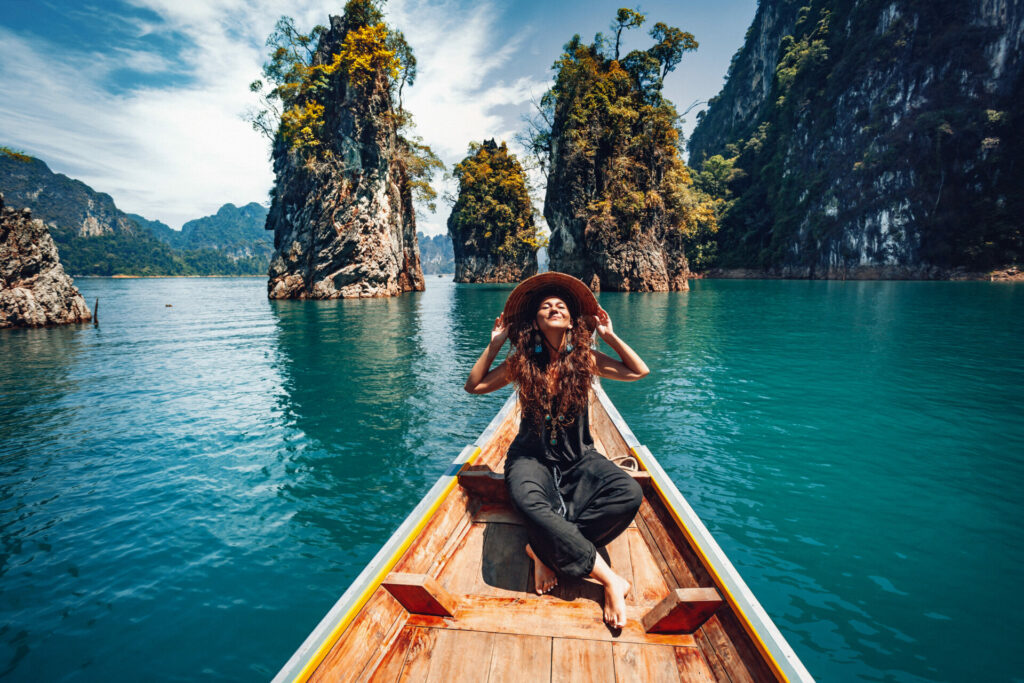
Many of us enjoy a guided tour when we go on holiday, as it helps us immerse ourselves further in the destination. While delegating the planning to those in the know is undoubtedly convenient, you should do a little research into the operator you choose beforehand. Curated ecotourism can be arranged through companies such as Local Alike, who guarantee authentic experiences that directly benefit the communities where they take place.
From transportation to vendors, the key factor is that you should be contributing to those providing the service and not simply paying their wages. Eat at restaurants that are wholly local owned, that use ingredients grown on the nearby land. Check that souvenirs or gifts are produced locally and not mass produced in a factory thousands of miles away.
Becoming a positive impact tourist isn’t just a passing trend, but one that is necessary. If we wish to wander and explore, we have a responsibility to balance our desire to see the world with the welfare of the places we visit, the people who live there, and the planet.
Choosing places that benefit from our visit, contributing to the local economy, and being mindful of our resource consumption are just some of the ways that we can lighten the load of our touristic footprint. We can gain more meaningful travel encounters and foster connections while acting as custodians for purposeful travel.

